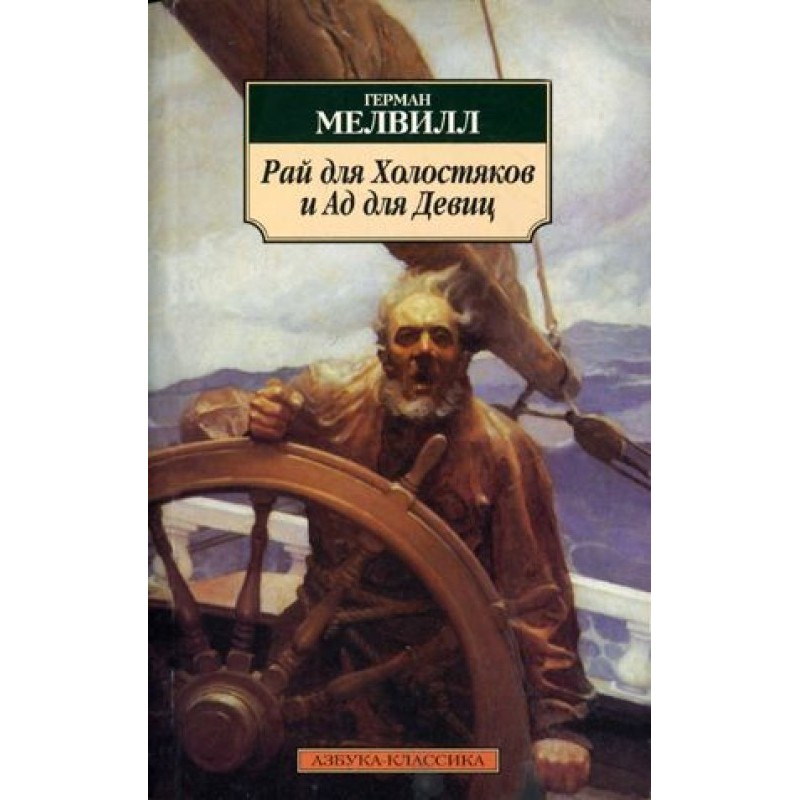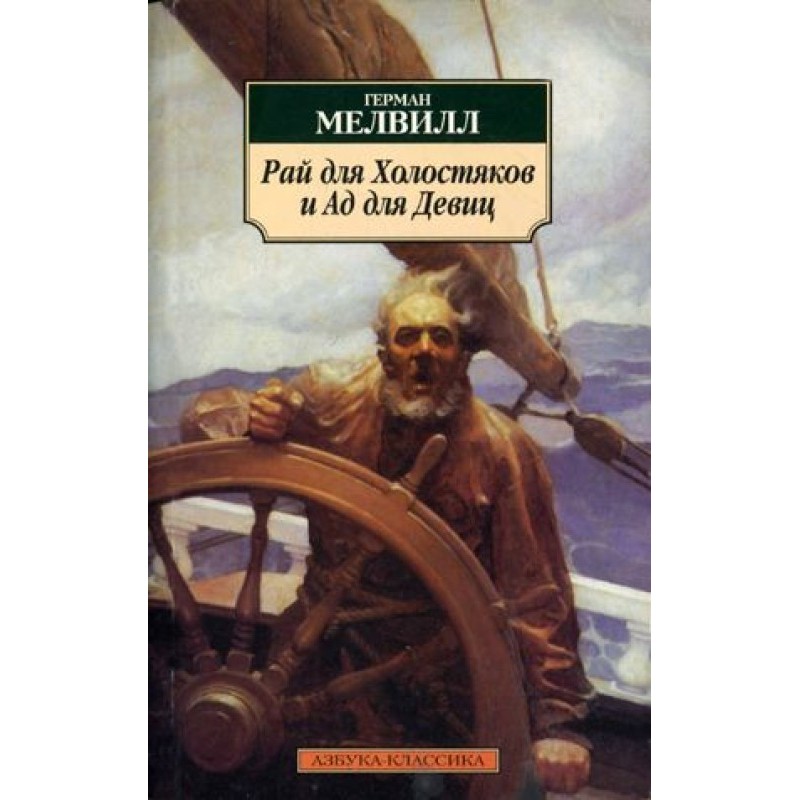The Deceiver and his Masquerade
 Instant download
Instant download
after payment (24/7)
 Wide range of formats
Wide range of formats
(for all gadgets)
 Full book
Full book
(including for Apple and Android)
The Confidence Man: His Masquerade, published in 1857, is one of Herman Melville's last major works of fiction. Most literary critics of the time were lukewarm about the novel and laid the foundation for the popular belief that it was an example of social satire, in which Melville exposes the sanctimonious piety of a significant number of Americans, which hides personal self-interest and lust for profit. Accordingly, such a public is easily deceived, and it can be manipulated by pressing on sensitive areas in the sphere of material or spiritual interests, depending on the character of the person. The scene for this is the steamship Fidel, sailing down the Mississippi, with a rich cast of characters from different layers of society. The central figure is the Deceiver, who appears in several guises and conducts conversations with passengers in order to somehow gain their trust and favor; sometimes he ends up with a monetary gain as a result. It is worth mentioning that this nickname appears only at the very end of the book and only as an indirect indication; on the ship the Deceiver introduces himself by different names. The novel takes place over one day, April 1, which also has symbolic meaning. In fact, this novel by Melville is much deeper and more varied than the popular idea of it; calling it a “social satire” is like calling Moby Dick a whaling manual. As the action progresses, it soon becomes clear that the Deceiver is the devil in human form, and closer to In the end there is no doubt about this. This is evidenced by his eloquent nature, the abundance of biblical quotes in free interpretation and constant conversations about the importance of trusting one’s neighbor even at the cost of one’s own well-being, which form the leitmotif of his seductions. He chooses his own style for each interlocutor, but invariably adheres to the given goal. Another important feature is the textual nature of the novel. Melville emerges as a kind of forerunner of postmodernism; In his capacity as a storyteller, he treats the narrative as a dramatized philosophical text, pointing out the importance of interpretation and warning against any general conclusions based on the characters' remarks. Dialogues, like the Deceiver's masks, often mislead readers, and in the so-called "The author's chapters", where the didactic narrator comes to the fore, he directly says that at the center of any authoritative text (here the biblical apocrypha is given as an example) there are uncertainties and contradictions. The role of the reader as a thoughtful interpreter increases many times over if he wants to overcome the seductions and temptations of the Deceiver of the human race. In the novel, only two philosophers succeed in this, under whom Melville brought out Ralph Emerson and his student Henry Thoreau - which is symbolic, since Melville did not share the views of Emerson - and even God himself, who appears in the final chapter in the form of a peddler boy. About this There is much more that can be written about a wonderful novel that is difficult to read superficially, but this will require a separate article. Even in As an ordinary description of American customs and circumstances of the mid-19th century, it represents a valuable historical heritage of that era.
Data sheet
- Name of the Author
- Герман Мелвилл
- Language
- Ukrainian
- Release date
- 2022
- Translator
- Кирилл Александрович Савельев
Reviews
Вражаюча соціальна сатира, що викриває людську природу!
Роман «Ошуканець та його маскарад» — це справжній шедевр, який змушує замислитися над глибинами людської психології та моральними дилемами. Мелвілл майстерно створює атмосферу загадки на пароплаві «Фідель», де кожен персонаж є відображенням певних соціальних верств і їхніх слабкостей. Ошуканець, як центральна фігура, вражає своєю здатністю маніпулювати довірою людей, що є метафорою для більш широких соціальних явищ. Його численні маски та обличчя вказують на те, як легко люди можуть потрапити в пастку власних ілюзій. Мелвілл не лише розважає, але й спонукає до критичного мислення, ставлячи під сумнів наші уявлення про правду і довіру. Книга вимагає уважного читання, адже кожен діалог і кожна сцена несуть у собі глибокий сенс. Це не просто роман, а філософський трактат, який залишає слід у свідомості. Рекомендую всім, хто готовий до інтелектуального виклику та бажає зрозуміти людську природу в її найскладніших проявах!


























